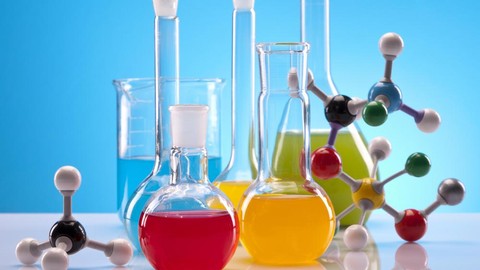
INORGANIC TESTING LAB
“Analyzing the Unknowns and Making Them Known, Understood, and Manageable”
For over 45 years, our main laboratory has provided analytical services to a wide variety of industries, as well as engineers, municipalities and property owners. Using the latest technology, as well as classic wet chemistry techniques, the inorganic laboratory routinely performs analyses on drinking water, wastewater, surface wipe samples, soils, raw materials, and construction and demolition debris. The majority of the methods used are derived from EPA, ASTM, and Standard Methods.
The testing capabilities of this lab division are listed below. For more information regarding organics testing, such as semi-volatiles and VOCs, please visit our Organic Testing Lab page
- Acidity
- Alkalinity
- Benchtop Treatability Studies
- BTU Content
- Biological Oxygen Demand (BOD)
- Carbonaceous Biochemical Oxygen Demand (CBOD)
- Chemical Oxygen Demand (COD)
- Chlorides
- Chlorine – Residual, Free
- Client-specific projects and testing protocols
- Coliform Bacteria, E. Coli, Enterococci
- Cyanides (Total, Free, Physiologically Available, Reactive)
- Endotoxins (Gel-clot)
- Fluoride
- Halogens
- Hardness
- Iron – Ferrous, Ferric
- Ignitability – Flashpoint via Pensky-Martens closed cup test
- Karl Fischer – Low Level Water Content
- Mercury (cold vapor)
- Metals by ICP-OES
- Metals by ICP-MS
- Nitrogen – Total Kjeldahl (TKN), Ammonia (NH3), Total, Nitrite, Nitrate
- Oil & Grease (hexane-extractable material)
- pH
- Phenols
- Phosphates
- Salinity
- Sieve Analysis
- Silica
- Solids – Total Solids (TS), Total Suspended Solids (TSS), Total Dissolved Solids (TDS), Total Volatile Solids (TVS)
- Specific Conductance
- Specific Gravity
- Sulfate
- Sulfide – Total, Reactive
- Surfactants (MBAS)
- Tannin and Lignin
- TCLP Metals
- Turbidity
- UV-254 Absorbance
